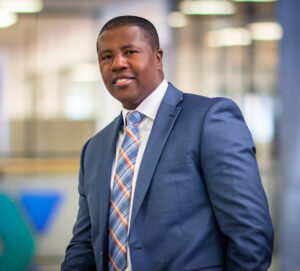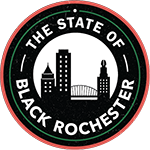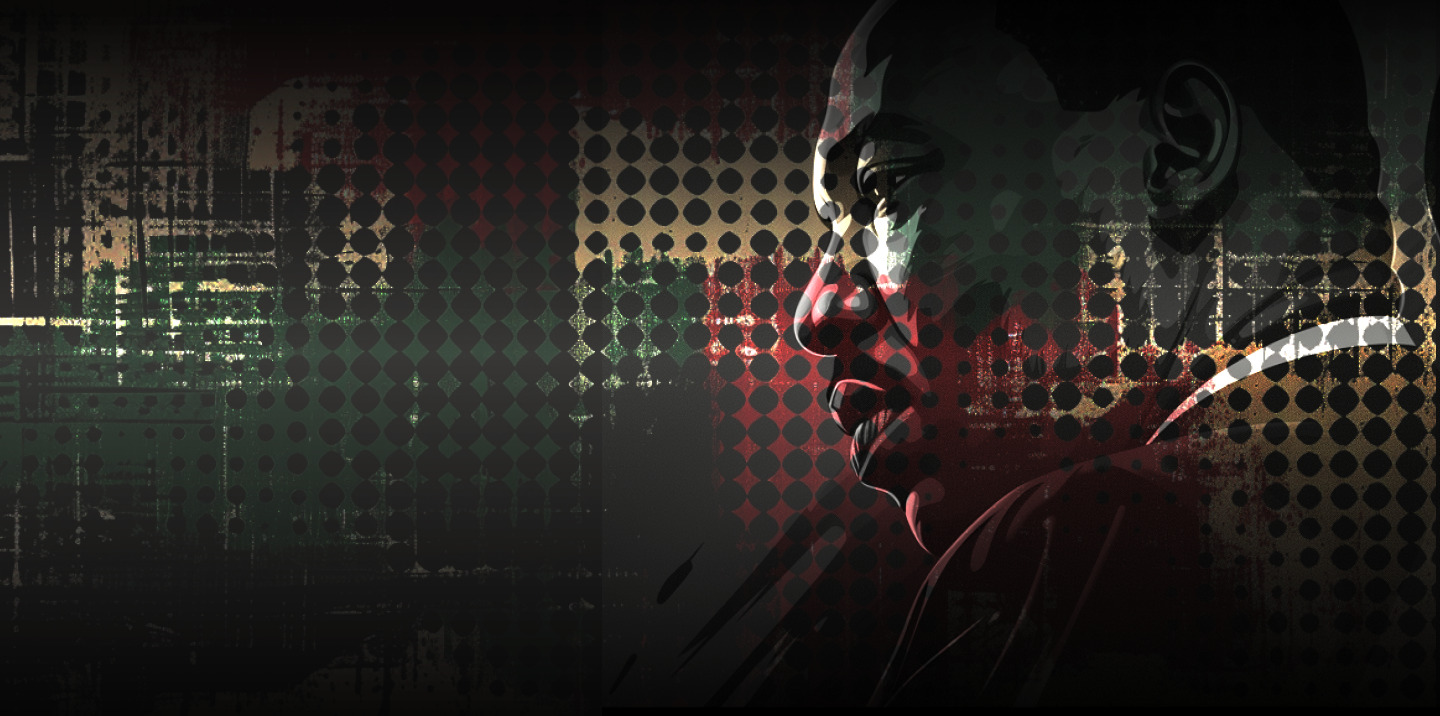 When Black People “Didn’t Get COVID-19”
When Black People “Didn’t Get COVID-19”
COVID-19 had a major impact on our world, particularly in the Black community. I vividly recall conversations where people were saying COVID-19 was not a disease Black people were catching. Well, we were DEAD wrong. And I mean dead wrong because my father ultimately passed away from COVID-19. I have to admit, while extremely hurt, frustrated, and angered, I wasn’t surprised.
My dad, like so many individuals in our communities, suffered from many health issues. Some of these issues are centered around bad eating habits and lack of sleep, exercise, access to health care, and education about the benefits of vitamin D and other nutritional supplements. Additionally, many U.S. citizens live in conditions similar to, or worse than, those in some developing countries.
When we compound these issues with COVID-19, the effects get even worse. Our youth are negatively impacted the most, which places them that much farther behind in education (the learning-loss gap widens). Social and emotional outcomes have deteriorated, and the ability for families to gain and sustain employment is more difficult.
The Gap Between Needs, Access, and Resources
As the President and CEO of a community-serving nonprofit organization, I see the consequences of COVID-19 every day. My team and I work hard to meet the critical demands placed on us as a community resource and hub. For example, we see families who need affordable childcare, but space may not be available, or families lack adequate transportation to travel to childcare. We see children in our before- and after-school programs receive their first or last meals of the day from us. The costs of living have gone up substantially. Families are forced to choose between having a roof over their heads, paying utilities, or putting food on the table. These issues exist in some communities, but even more so in Black communities. COVID-19 played a role in making things worse for Black residents.
The Valuable Insights of Black Leaders
Black leaders may have a keen understanding of these issues based on our lived experiences. We understand that many systems don’t uplift Black communities. And, in most instances, our line of work, or the path we chose professionally, is centered around how we help make things better for the next generation.
As a new Black leader in this community, I notice an enormous desire to make a positive difference in the community. There is a level of excitement centered around the new Black leaders in Rochester, along with high expectations that may or may not be rightfully placed. We want less talk and more action. At times, that action may not align with the expectations placed on us, but we hope for support in pursuing a different approach that leads to better outcomes.
This isn’t a knock to Black leaders who came before us; they’ve dealt with circumstances that paved the way for us. I acknowledge we stand on the shoulders of the giants who were brave and heroic. The history of important Black figures in Rochester – such as Austin Steward, Frederick Douglass, Harriet Jacobs, and Reverend Thomas James – must never be forgotten. Like them, I believe the new Black leaders in Rochester have no ego; it’s all about impact and outcomes and being willing and ready to lock arms!
I strongly believe in the old African Proverb, “If you want to go fast, go alone. If you want to go far, go together.” It reflects the need for purposeful partnerships, data sharing, and the need for uniformity across organizations serving similar populations.

